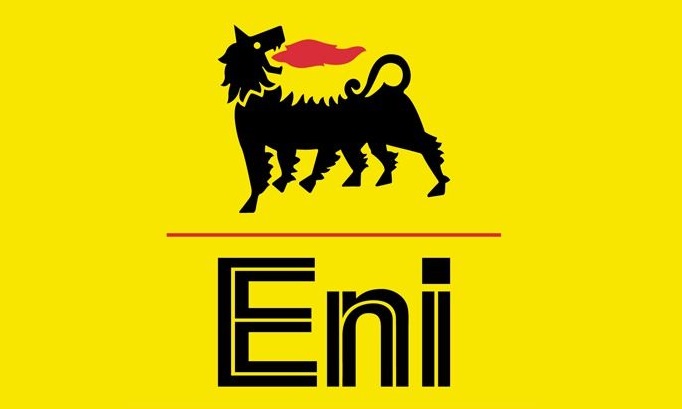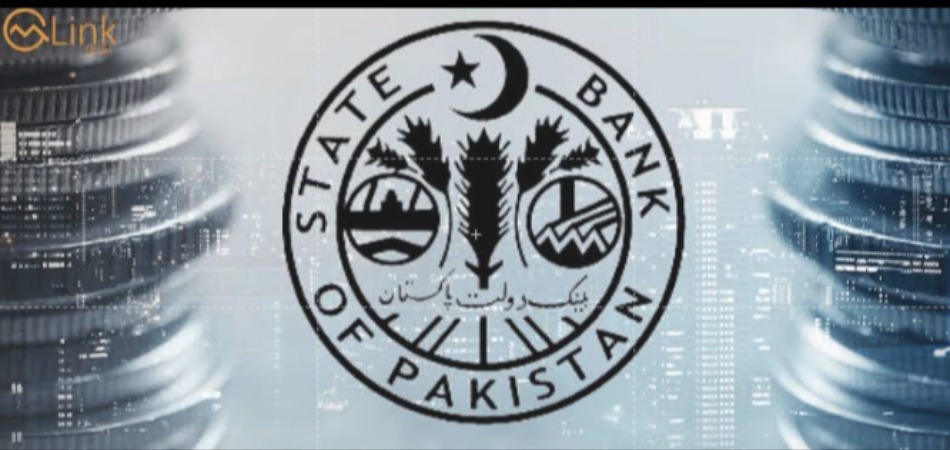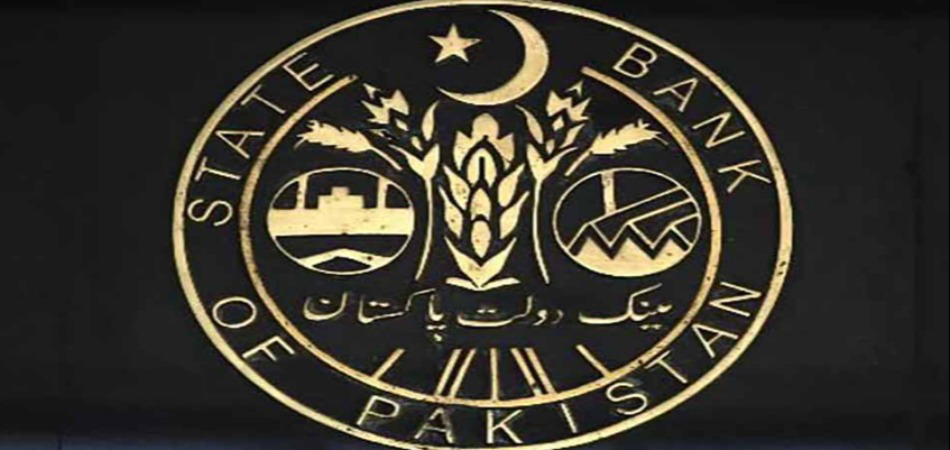Petroleum Division rejects think tank report on June petrol crisis

MG News | July 22, 2020 at 06:45 PM GMT+05:00
July 22, 2020: The Petroleum Division on Wednesday categorically turned down a report of an Islamabad-based think tank, attributing the June 2020 petrol crisis to an import ban imposed by the government on March 25, 2020 during the Covid-19 lockdown.
In a press statement issued, the Petroleum Division said that the report on ‘The Petrol Crisis of June 2020’ launched by Islamabad Policy Institute (IPI) on July 21, was neither factually true nor an accurate representation of the facts that led to the fuel situation in June 2020.
“It has been observed that this report attributed the petrol crisis in June 2020 to an import ban imposed by the government on 25th March, 2020 during the Covid-19 lockdown and argued that OMCs faced difficulty to schedule oil imports for Month of June,” the statement added while terming the report as self-contradictory.
Elaborating the self-contradiction of the report, the statement said that according to the report many OMCs increased their sales during the first 10 days of June 2020, questioning that if the OMCs could not import because of the ban, how did they have increased sale?
The statement added that the effect of oil curtailment, if any, would have shown in the early to mid-May given the sailing time of only 3-4 days from the Gulf region.
Thus, this negates the perception of any disruption in the supply chain for the month of June 2020 was created by oil import curtailment in March/April 2020.
It must be also known that during this curtailment period i.e (25th March 2020-24th April 2020) six ships of Motor Gasoline and two ships of crude oil were allowed based on the requirement and demand of various OMCs and refineries.
According to the statement, the report also stated that the OMCs were faced with the difficult choice of either buying the product at a loss, and selling it to meet the customer demand; or avoiding heavy losses by letting their sites dry up as government slashed the prices.
The OMCs, according to the report therefore acknowledged that and made a commercial choice of importing less than the demand in order to avoid losses, and it had nothing to do with oil import ban in March 2020.
This is a clear violation of their license requirement.
The petroleum division while clearing the misconception said that during the period of June 2020, the sufficient stock of Petrol and diesel i.e 846,500 MTs was arranged to meet demands of the country as compared to consumption in June 2019 i.e 617,895 MTs.
This link can be clearly seen decline of market shares of these companies in the month of June 2020 as compared to their market shares in May 2020.
Thus, this gap was bridged by Pakistan State Oil (PSO).
Another important fact is that the sale of petrol from June 1 to 25, 2020 was an average of 25000 tons/day, and it dropped to less than 18000 tons/day after June 26th, when the petrol price was increased.
This clearly indicates that part of the increased sales from June 1st to 25th ,2020 was going into some form of storage/hoarding rather actual consumption.
Petroleum Division is committed to improve availability of oil and gas and set up a road map for energy security of the country, the statement concluded.
APP
Related News
| Name | Price/Vol | %Chg/NChg |
|---|---|---|
| KSE100 | 138,412.25 167.69M | 0.32% 447.43 |
| ALLSHR | 85,702.96 423.92M | 0.15% 131.52 |
| KSE30 | 42,254.84 82.09M | 0.43% 180.24 |
| KMI30 | 194,109.59 84.37M | 0.15% 281.36 |
| KMIALLSHR | 56,713.67 217.03M | 0.03% 16.37 |
| BKTi | 37,831.34 13.04M | 1.62% 603.62 |
| OGTi | 27,440.63 3.93M | -0.09% -23.70 |
| Symbol | Bid/Ask | High/Low |
|---|
| Name | Last | High/Low | Chg/%Chg |
|---|---|---|---|
| BITCOIN FUTURES | 118,655.00 | 119,440.00 118,145.00 | 360.00 0.30% |
| BRENT CRUDE | 72.89 | 73.17 71.75 | 0.38 0.52% |
| RICHARDS BAY COAL MONTHLY | 96.50 | 0.00 0.00 | 2.20 2.33% |
| ROTTERDAM COAL MONTHLY | 104.50 | 104.50 104.50 | -0.30 -0.29% |
| USD RBD PALM OLEIN | 998.50 | 998.50 998.50 | 0.00 0.00% |
| CRUDE OIL - WTI | 69.60 | 69.79 68.45 | 0.39 0.56% |
| SUGAR #11 WORLD | 16.43 | 16.58 16.37 | -0.16 -0.96% |
Chart of the Day
Latest News
Top 5 things to watch in this week
Pakistan Stock Movers
| Name | Last | Chg/%Chg |
|---|
| Name | Last | Chg/%Chg |
|---|



